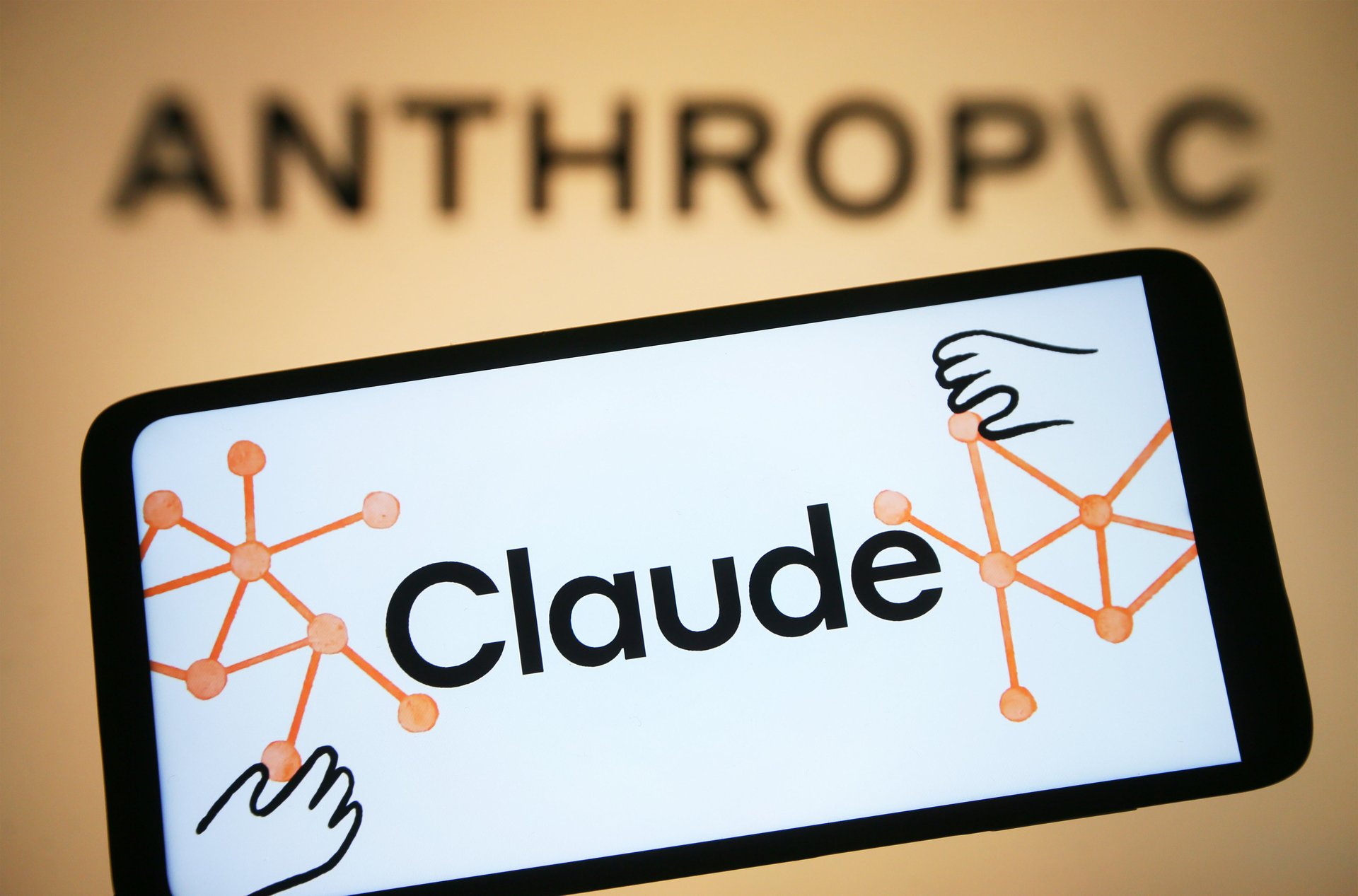Anthropic's co-founders say their AI models are taking lessons from social media's harms
Daniela and Dario Amodei talked about their mission to make safer, more responsible AI

Where OpenAI’s mission has focused on bringing AI to scale, its rival Anthropic has focused on safety and security. And its co-founders, siblings and former OpenAI employees Daniela and Dario Amodei, say their concerns about AI’s potential for harm originate from watching the evolution of other technologies.
Suggested Reading
“We have felt very strongly that there are some lessons to be learned from prior technological waves or innovation,” Daniela Amodei told Bloomberg’s Brad Stone during an interview at Bloomberg Technology Summit on Thursday. “We’ve just had several decades now of time to kind of look back on things like social media and say, ‘Wow, you know, there was a lot of good that came out of this, but there were also a lot of harms that were caused by this technology.’
Related Content
“Whether or not you could have anticipated those in advance, you know, [it’s] hard to say, but I think we are trying to be the most responsible actors that we can be and think about what are the potential externalities that could be caused accidentally by this tech,” she said.
The risks of generative AI have come into sharper focus over the last year as more chatbots from more companies have come online. Microsoft’s Copilot suggested self-harm to a user, OpenAI’s ChatGPT created fake legal research, and Google’s Gemini made historically inaccurate images, just to name a few examples. Meanwhile, AI deepfakes of celebrities, politicians, and journalists have been used to slander their victims and sow disinformation.
The Amodeis left OpenAI in 2020 over concerns that generative artificial intelligence technologies were scaling too quickly without adequate safeguards, and they wanted to build a more trusted model. They’ve worked to do just that with Anthropic’s chatbot, Claude, which advertises itself as a “safe, accurate, and secure” tool. Anthropic’s latest iteration of the product, Claude 3 has been dubbed one of the most powerful AI models, if not the most powerful, with the Amodeis claiming it can outperform ChatGPT-4. The startup is backed by Amazon and Google.
Anthropic’s “Constitutional AI,” a set of rules for training AI systems, helps ensure that models are trained to avoid toxic and discriminatory responses. Such efforts, the Amodeis say, are putting pressure on the industry at large to create safer, more responsible models.
“We pioneered this this concept of a responsible scaling plan,” which is a framework designed to help tech companies avoid the risks of developing increasingly capable AI systems, said Dario Amodei. “We put this out last September, and within a few months OpenAI put out a similar thing, and it really seemed to us that us putting ours out helped spur the efforts by others. Now we’ve heard that Google is doing the same thing.”